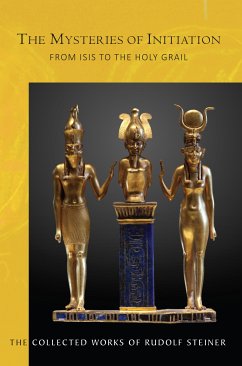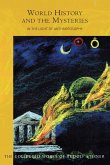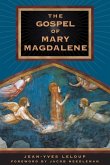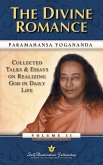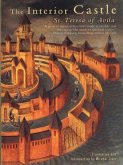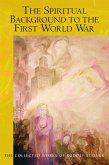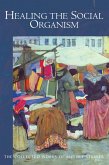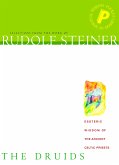In a concise study, Rudolf Steiner presents an inspirational sketch of the evolution of the Mysteries - from ancient Persia through Egypt and Greece, to the Christian era and the present day. He traces the line of initiates from Egyptian divinities Isis and Osiris to Moses, King Arthur's Round Table and the Holy Grail in the twelfth century. Steiner focuses on the process of initiation as a historical topic: how initiation worked in ancient Egypt and in the late Middle Ages. But his presentation is also inspirational, leading to the question: How can we advance to initiation now? He underscores the potential for achieving enlightenment today without a teacher in the flesh, and explains the four stages of the process towards initiation. He also highlights the need for strenuous efforts to overcome the subtle power of evil - in the form of Lucifer and Ahriman - through selfless work.
The four lectures collected here form an important landmark in Rudolf Steiner's biography: the first being delivered on 3 February 1913 - the very day that the Anthroposophical Society was founded. First published in English under the title
The Mysteries of the East and of Christianity and unavailable for many years, this edition has been re-edited by Professor Frederick Amrine and features appendices, an index as well as an introduction by Robert McDermott.
Dieser Download kann aus rechtlichen Gründen nur mit Rechnungsadresse in A, B, BG, CY, CZ, D, DK, EW, E, FIN, F, GR, H, IRL, I, LT, L, LR, M, NL, PL, P, R, S, SLO, SK ausgeliefert werden.

